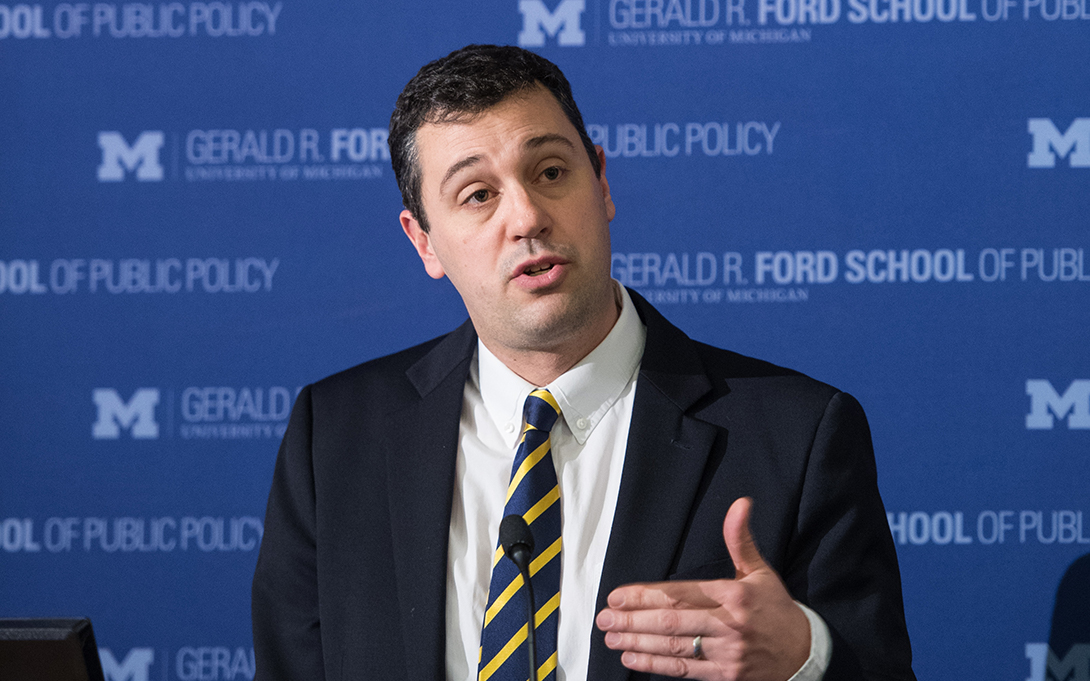
“Massive protests recently broke out in Guatemala as the nation teetered on the edge of a major political crisis,” writes John Ciorciari in The Conversation. “Guatemalans took to the streets to decry President Jimmy Morales, who in August attempted to expel the head of a UN-backed commission [the International Commission Against Impunity in Guatemala] probing possible corruption in his campaign finances.”
In “Surviving Crisis: UN campaign to fight corruption in Guatemala has global implications,” Ciorciari argues that the international commission investigating Morales has produced many positive benefits for Guatemala, but has also faced many of the difficulties inherent in “sovereignty sharing” arrangements.
While Ciorciari says that “President Donald Trump has expressed disfavor of such ‘nation building’ ventures,” he argues that sovereignty sharing--in which nations like Guatemala allow international actors like the UN to wield powers usually reserved for the state--can be a good way for nations to improve their own long-term governance capacity when national and international priorities align.
If initiatives like the International Commission Against Impunity in Guatemala are to be effective at policing corruption, says Ciorciari, “they require strong international backing, particularly from the United States.”
“While sovereignty sharing is fraught with challenges,” says Ciorciari, “it should remain on the menu of policy options.”
John Ciorciari is director of the International Policy Center at the Ford School. As an Andrew Carnegie Fellow, Ciorciari has been exploring shared sovereignty arrangements in Cambodia, Guatemala, Lebanon, Liberia, Timore-Leste, and elsewhere.
More news from the Ford School